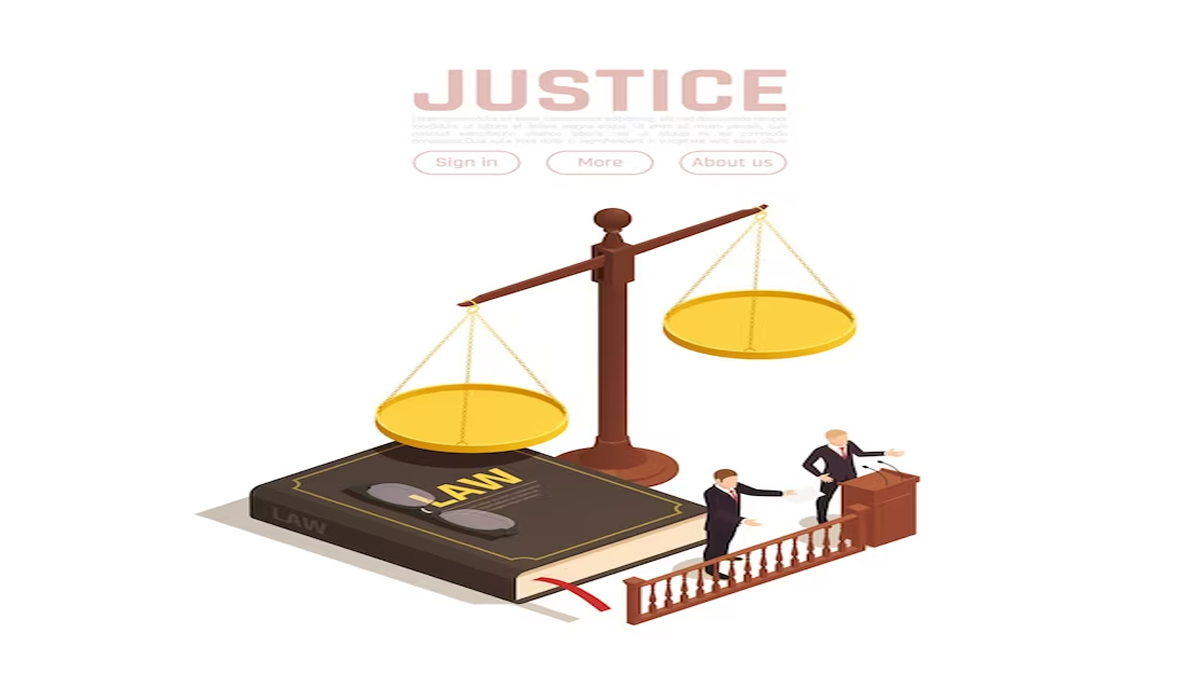This principle is rooted in the idea that a person who has a vested interest in a particular matter should not be allowed to adjudicate or make decisions regarding that matter. The principle is often expressed in Latin as “nemo judex in causa sua.”
The key rationale behind this principle is to ensure a fair and unbiased decision-making process. Allowing someone with a personal interest in a case to act as a judge or decision-maker could lead to partiality, prejudice, or a lack of impartiality, undermining the integrity of the legal or administrative process.
In legal systems around the world, the principle of “no one shall be a judge in his own cause” is considered a fundamental aspect of natural justice and is enshrined in various legal doctrines and codes. It is often seen as a basic human right that contributes to the overall fairness and legitimacy of legal proceedings.
Practical applications of this principle can be found in various contexts, including legal, administrative, and quasi-judicial proceedings. For example, if a government official is personally involved in a dispute, it would be improper for that official to act as the adjudicator in the case. Instead, an impartial third party or an independent tribunal would typically be appointed to ensure a fair and unbiased resolution.
In summary, the principle of “no one shall be a judge in his own cause” is a foundational element of natural justice, aiming to uphold fairness, impartiality, and the rule of law by preventing individuals with a personal interest in a matter from deciding its outcome.
